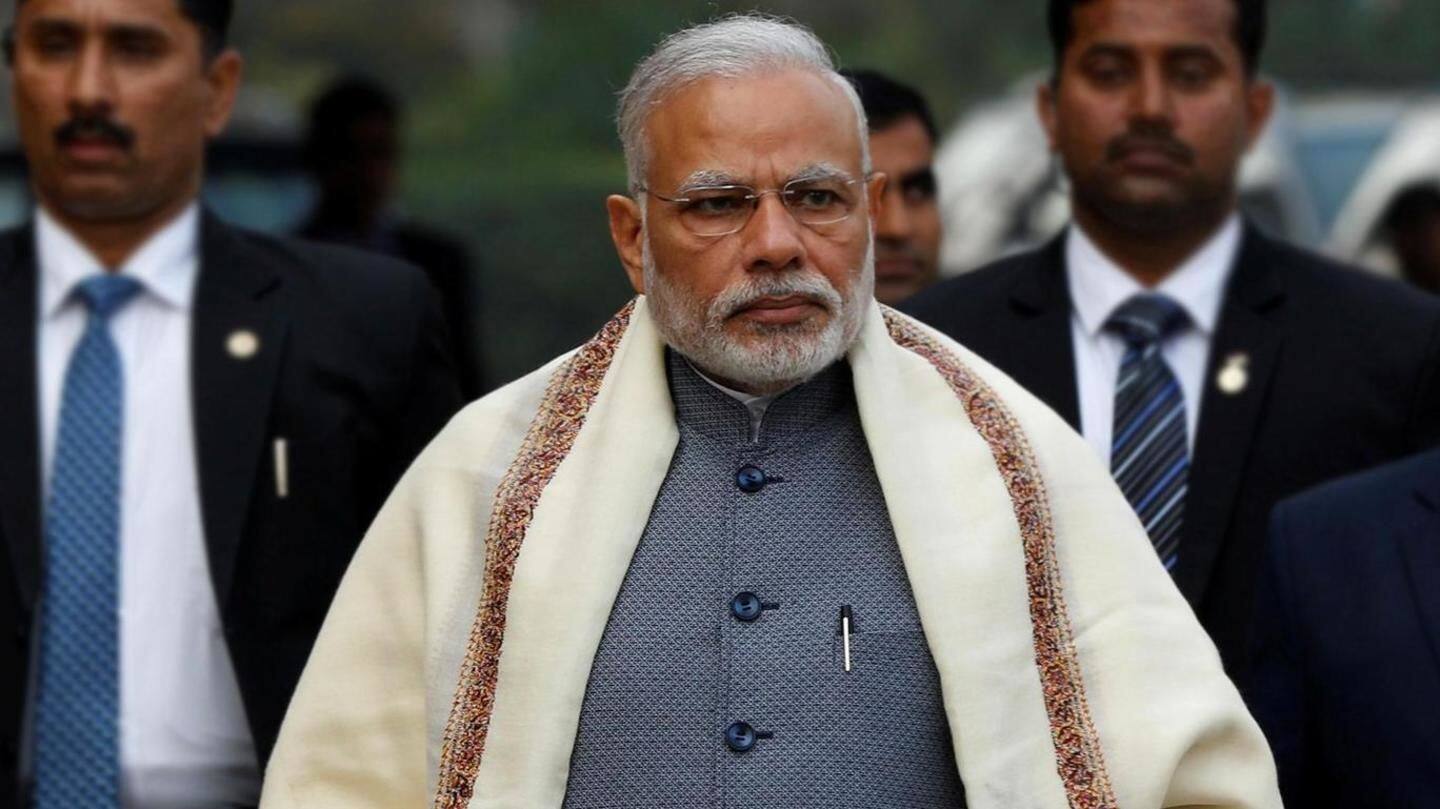
BJP will win no-confidence motion; why did Opposition move it?
What's the story
BJP is set to face a trust vote in the Lok Sabha today, and despite Sonia Gandhi's insistence that they "have the numbers," the math is simple: NDA has 313 members in the 535-member House.
Some NDA allies have made their stand clear already, and NDA is likely to have a smooth sailing.
Despite that, the motion brings several opportunities for the Opposition. Here, we decode.
Motion
About the no-confidence motion
On the first day of the Monsoon Session of Parliament on July 18, a no-confidence motion was moved by Congress, BJP's former ally TDP, and Sharad Pawar's NCP against NDA.
This was the first time in 15 years that such a motion was moved.
If the ruling party fails to get at least half the number of Lok Sabha members, it will fall.
Numbers
The no-confidence motion told in numbers
The majority mark is 268. In the unlikely event that all its allies ditch BJP, it will still have 273 votes from its own members, but Shiv Sena (18) and AIADMK (37) have already assured support.
Against the motion stand the Congress and its allies (67), TMC (34), TDP (15), CPI(M) (9) and AAP (4).
BJD (19), TRS (11) and SP (7) are undecided.
Opposition
What's in it for the Opposition?
Chances are next to nil that the government will be overthrown, but fault lines will still be visible.
For the Opposition, it is a chance to put up a united front. It is likely to corner the government over key issues.
Even allies might demand answers. Ally JD(U) will side with TDP's demand for special status for Andhra. BJD might bring up the criminality clause in the triple talaq bill.
BJP
What's in it for the BJP?
For BJP, this will be an opportunity to demonstrate strong support for itself and weaken the Opposition's morale.
As its tenure is about to end, a prime objective will be to have the vote over with, so time can be devoted to discussing important bills.
"We feel the Opposition will have no issue to disrupt the house after the no-confidence is taken up," a minister said.
History
A brief history of no-confidence motions in India
The last time such a motion was filed was against Atal Bihar Vajpayee in 2003. It was crushed.
The debate preceding the test went on for 23 hours.
Debates during two 1992 trust votes and one 1993 test against PV Narasimha Rao lasted for 14, 21 and 19 hours respectively.
Today's might be the shortest: initially, the debate has been allotted seven hours.